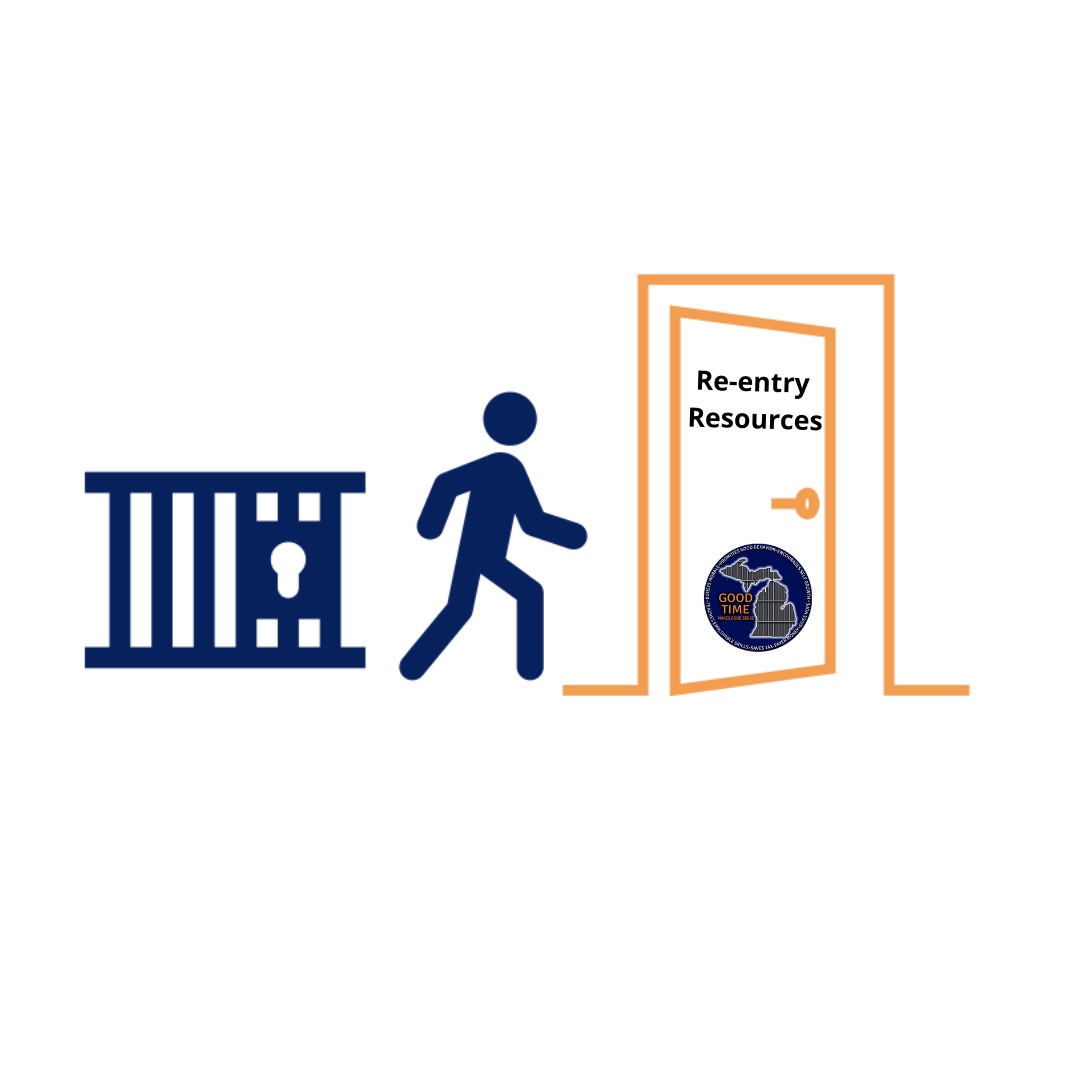By, Hannah Goodman, Maddy Mallory, Tamrah Konieczka
Florida’s Department of Corrections has a thorough Office of Programs and Re-Entry that aims to rehabilitate and improve the readiness of soon to be returning citizens. Not only do these programs seek to increase public safety, but also to create productive re-integration into the community. Florida’s Office of Programs and Re-Entry is split into four disciples to give inmates a well-rounded service, they include the Bureau of Program Development, the Bureau of Education, the Bureau of Substance Use Treatment, and Chaplaincy and Volunteer Services. Some programming these bureaus offer canine obedience training, higher education, peer groups, mentorships, faith-based services, and more [1].
Michigan does have similar programming through the Michigan Offender Success Model; however, Michigan’s is a phasic approach for parolees. The phases are prison, transition to community, and community & discharge [2]. During the first two phases they have programming including substance abuse treatment, employment readiness, higher education, faith-based services, and more [3].
Florida has several reentry programs through non-profit organizations that either the Michigan Department of Corrections or Michigan-based organizations lack. Florida has one program called “Project 180” which is a two-year apprenticeship program for ex-offenders, offering training in organic farming, business, and construction. Through this apprenticeship, the returning citizen receives housing, food, education, and training. This organization aims to target the main issues that returning citizens face, such as having a supportive social network, finding full time employment, and having stable, sober housing [4]. Michigan lacks a comparable apprenticeship program for released citizens. However, Michigan’s focus is through their Vocational Village, which trains inmates during their incarceration period or pre-release. They have training programs such as carpentry, plumbing, welding, and more [5].
Similarly to Florida, New Jersey has many reentry programs and resources that Michigan is lacking. The New Jersey Reentry Corporation, for example, is a non-profit agency with a mission to remove all barriers to employment for returning citizens. This corporation offers incarcerated citizens mental health counseling, employment training in prisons, and support for veterans. The New Jersey Reentry Corporation also launched a website designed to provide information for state and local leaders, community and faith-based organizations, as well as returning citizens in regards to reentry resources. This website also contains a calendar with training and events for these people to attend with a variety of different subjects. In addition, this group has an ongoing goal of trying to connect reentering citizens with stable housing. New Jersey also has an initiative titled “New Jersey Scholarship and Transformative Education in Prisons Consortium.” This program provides higher education courses for incarcerated students and helps with the transition to higher education upon release. While Michigan does
have some educational resources, New Jersey’s program is more focused on supporting incarcerated citizens during and after their time in prison.
New Jersey’s reentry resources also focus a lot on connecting reentering citizens with their community. Michigan does have some resources that attempt to do this however, the execution is not quite where it needs to be. New Jersey has a “Fresh Start at your Library” program that focuses on reconnecting returning citizens with their communities. This is something that I think is very important in helping returning citizens feel more comfortable, connected, and supported as they reenter the community.
The Wisconsin Department of Corrections provides many reentry programs that Michigan programs do not provide for their citizens. The Windows to Work program helps inmates before they have served their full sentence and after they have been released. This program targets general work skills, financial literacy, community resources, general work skills, and job seeking opportunities. This program also examines factors that could lead to recidivism. Each member in the program has their own coach that assist them after being released. Their
coach will help them find other resources to find housing, clothes, and transportation. Wisconsin also has a program for disabled individuals. The Disabled Offenders Economic Security (DOES) Project helps released citizens that suffer from mental illness to physical limitations. People need help after being released, especially if they are already at a disadvantage. Housing assistance, employment training, health insurance are some of the many
basic needs that each person needs. The DOES staff helps released inmates find these types of essentials to make their transition successful. Although Michigan provides reentry programs, their programs could be improved.
Sources:
1. http://www.dc.state.fl.us/development/index.html
2. https://www.michigan.gov/corrections/0,4551,7-119-33218_68925—,00.html
3. https://www.michigan.gov/corrections/0,4551,7-119-33218_68926—,00.html
4. https://www.project180reentry.org/ 5. https://www.michigan.gov/corrections/0,4551,7-119-33218_75514—,00.html
5. https://www.njreentry.org/
6. https://libguides.njstatelib.org/get_help/ex_offenders
7.https://doc.wi.gov/Documents/AboutDOC/Reentry/2019%20Annual%20Report.pdf
